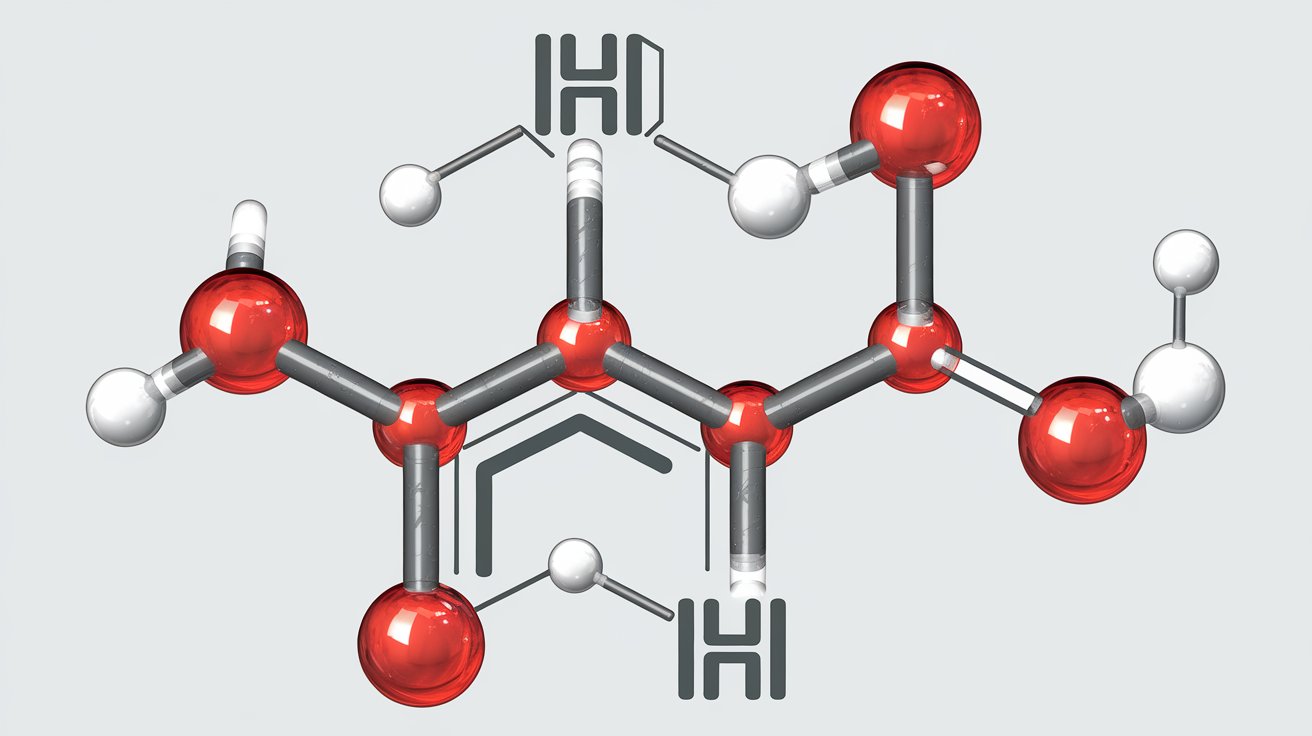
Geraniol is a fascinating compound found in many essential oils, including rose, citronella, and palmarosa. This naturally occurring alcohol is known for its sweet, floral aroma, making it a popular ingredient in perfumes, cosmetics, and even food flavorings. But what exactly makes geraniol so special? Geraniol boasts a range of benefits, from its antimicrobial properties to its potential as a natural insect repellent. It's also being studied for its possible health benefits, including anti-inflammatory and antioxidant effects. Whether you're a fan of essential oils or just curious about the science behind scents, these 50 facts about geraniol will give you a deeper appreciation for this versatile compound.
Key Takeaways:
- Geraniol, found in plants, is used in perfumes, insect repellents, and skincare products. It has health benefits, is eco-friendly, and even attracts bees!
- This sweet-smelling compound has antimicrobial and anti-inflammatory properties, making it a versatile and valuable natural resource for various industries.
What is Geraniol?
Geraniol is a naturally occurring compound found in essential oils of various plants. Known for its sweet, floral aroma, it is widely used in perfumes, flavorings, and insect repellents. Here are some fascinating facts about this versatile substance.
- Geraniol is a type of monoterpenoid and alcohol.
- It is commonly found in essential oils like rose, citronella, and palmarosa.
- The chemical formula for geraniol is C10H18O.
- Geraniol has a boiling point of 230°C (446°F).
- It is often used as a natural insect repellent.
- Geraniol is a key ingredient in many perfumes due to its pleasant scent.
- It is also used in flavorings for foods and beverages.
- Geraniol can be found in small amounts in some fruits and vegetables.
- It is known for its antioxidant properties.
- Geraniol has anti-inflammatory effects.
Uses of Geraniol
Geraniol's versatility makes it a popular choice in various industries. From cosmetics to food, its applications are numerous and diverse.
- Geraniol is used in skincare products for its soothing properties.
- It is an ingredient in many natural deodorants.
- Geraniol is used in aromatherapy for its calming effects.
- It is added to cleaning products for its pleasant fragrance.
- Geraniol is used in candles and air fresheners.
- It is a common additive in bath and body products.
- Geraniol is used in hair care products for its conditioning properties.
- It is found in some oral care products like toothpaste and mouthwash.
- Geraniol is used in pet care products for its insect-repelling properties.
- It is an ingredient in some natural insecticides.
Health Benefits of Geraniol
Beyond its pleasant aroma and practical uses, geraniol offers several health benefits. Its natural properties make it a valuable addition to various health and wellness products.
- Geraniol has antimicrobial properties.
- It can help reduce the growth of certain bacteria and fungi.
- Geraniol is being studied for its potential anti-cancer properties.
- It may help improve skin health by reducing inflammation.
- Geraniol can help alleviate symptoms of anxiety and stress.
- It has been shown to have pain-relieving effects.
- Geraniol may help improve digestion.
- It can support respiratory health.
- Geraniol has been found to have liver-protective effects.
- It may help boost the immune system.
Environmental Impact of Geraniol
Geraniol is not only beneficial for humans but also has a positive impact on the environment. Its natural origins and biodegradability make it an eco-friendly choice.
- Geraniol is biodegradable and breaks down naturally in the environment.
- It is considered safe for use around pets and wildlife.
- Geraniol is a renewable resource, derived from plants.
- It has a lower environmental impact compared to synthetic chemicals.
- Geraniol can help reduce the need for synthetic insecticides.
- It is used in organic farming as a natural pest control.
- Geraniol production supports sustainable agriculture.
- It helps promote biodiversity by supporting plant health.
- Geraniol can be produced with minimal waste.
- It is a non-toxic alternative to many chemical products.
Fun Facts about Geraniol
Geraniol has some interesting and lesser-known aspects that make it even more intriguing. Here are some fun facts to round out your knowledge.
- Geraniol is named after the geranium plant, where it was first identified.
- It is one of the primary components of rose oil.
- Geraniol is used in the production of synthetic vitamin A.
- It has a sweet, rose-like odor that is highly valued in perfumery.
- Geraniol is used to flavor some alcoholic beverages.
- It is a natural attractant for bees.
- Geraniol can be used to mask unpleasant odors.
- It is sometimes used in the production of rubber and plastics.
- Geraniol is a component of some traditional medicines.
- It is being researched for its potential use in biofuels.
Final Thoughts on Geraniol
Geraniol, a naturally occurring compound, packs a punch in various industries. From fragrance to flavoring, its versatility is impressive. This terpenoid not only enhances perfumes and cosmetics but also serves as a natural insect repellent. Its antimicrobial and antioxidant properties make it valuable in healthcare and skincare products. Despite its benefits, some individuals may experience allergic reactions, so caution is advised. Understanding geraniol's diverse applications helps us appreciate its role in everyday products. Whether you're a consumer or a manufacturer, knowing these facts can guide better choices. Geraniol's impact on aromatherapy, food, and medicine highlights its significance. Keep these insights in mind next time you encounter this remarkable compound.
Frequently Asked Questions
Was this page helpful?
Our commitment to delivering trustworthy and engaging content is at the heart of what we do. Each fact on our site is contributed by real users like you, bringing a wealth of diverse insights and information. To ensure the highest standards of accuracy and reliability, our dedicated editors meticulously review each submission. This process guarantees that the facts we share are not only fascinating but also credible. Trust in our commitment to quality and authenticity as you explore and learn with us.


